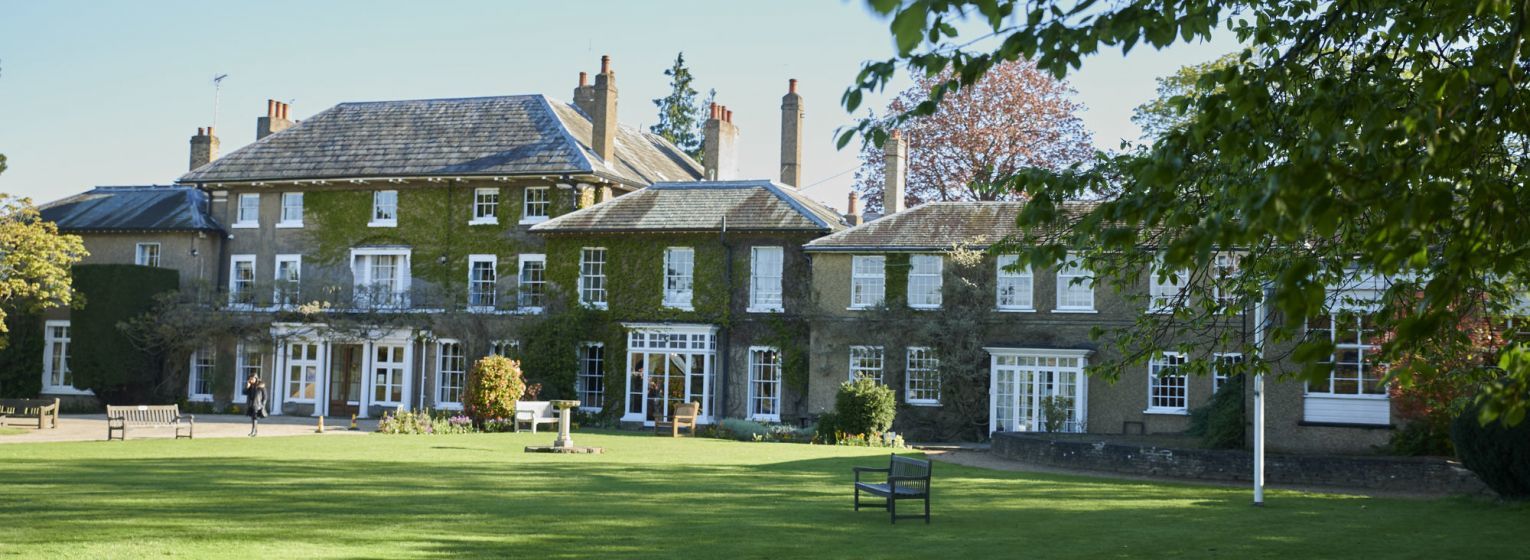Oracy Matters
By Jane Broadis, Head of English
Ask any pupil from Years 3 to 8 and they should be able to tell you that Oracy is ‘the ability to express oneself fluently in speech’. Unlike Literacy and Numeracy, around which the traditional academic curriculum has been built, teaching children how to articulate their thoughts and ideas verbally has not attracted the same level of attention as teaching them to read, write, understand and manipulate numbers.
The ability to be able to communicate has been historically regarded as a ‘soft skill’, but more attention is now focussed on the explicit teaching of good communication, and as a result, schools are responding by writing Oracy curricula. Here at Edge Grove, we have recognised for considerable time the importance of Oracy, and are now in the process of formally identifying those opportunities that already exist in the curriculum where we can teach children how to become fluent, confident speakers.
The term Oracy was coined by Professor Andrew Wilkinson of Cambridge University in the 1960s, who with his team, went on to identify the four strands of Oracy: Physical, Linguistic, Cognitive and Social & Emotional. Our pupils at Edge Grove understand these all represent features of effective communication:

At Edge Grove, Oracy teaching begins as early as Nursery; for example, here children learn about appropriate volumes for speaking – children are taught to understand the difference between ‘indoor’ and ‘outdoor’ voices; children are encouraged to stand and speak clearly and proudly when sharing ideas. As children progress into KS1, we timetable formal opportunities to prepare and present through ‘Show and Tell’ and all children from Nursery upwards are coached to deliver lines clearly in performances and assemblies. By Year 2 children learn poetry by heart and are given advice on how to engage their audience through appropriate pace and intonation.
Currently, all pupils in Years 3 to 8 are delivering presentations to their forms on a topic of choice. This Oracy Challenge gives pupils a safe space in which to demonstrate their growing ability to speak confidently and articulately before an audience. Feedback from a Year 4 parent confirms the value of such events.
“We were so pleased with how [our son] embraced the challenge, dedicated time to prepare for the presentation and commit it to memory. Most of all, he was excited about presenting to his friends on a topic he is passionate about.”
As pupils progress into the Senior School there are multiple opportunities to practise Oracy skills: in Year 5 last week, all pupils learned and performed Marriott Edgar’s poem, ‘The Lion and Albert’; Year 6 were involved in Harkness discussions in English lessons; yesterday, 6N wrote and delivered their own Senior School assembly; Year 7 will shortly be preparing for their Poetry Recital of original works; and Year 8 delivered an incredibly moving original poem as part of our Remembrance Day reflections.

Teaching pupils to become proficient speakers is becoming embedded across the curriculum at Edge Grove with multiple opportunities to refine their communication: coaching on the sports field, presenting in art, arguing in the humanities and speaking with increasing proficiency in languages – the list is endless!

As Heinrich Heine, the German poet, writer and literary critic, said, ‘Talking and eloquence are not the same: to speak and to speak well are two things. A fool may talk, but a wise man speaks.’
It is our aim at Edge Grove, through a rich, opportunity-filled Oracy curriculum, to teach our pupils how to be confident, articulate speakers, so that when they share their thoughts and ideas, they too may be regarded as wise.









